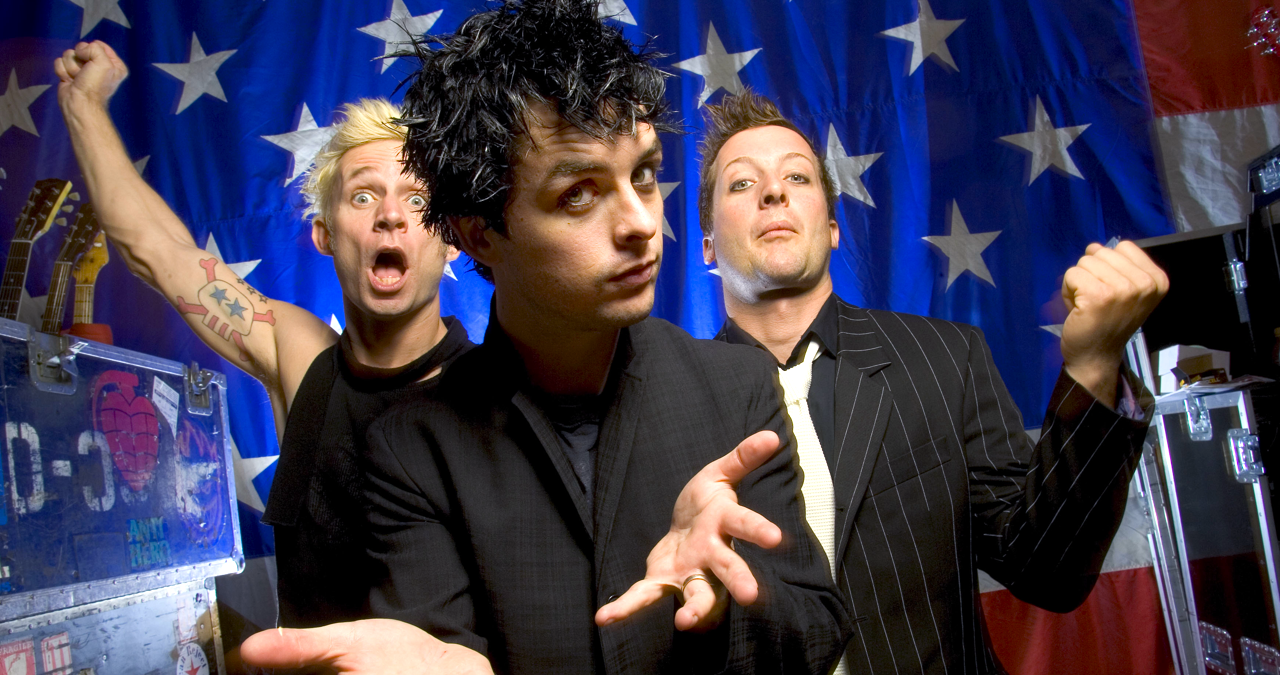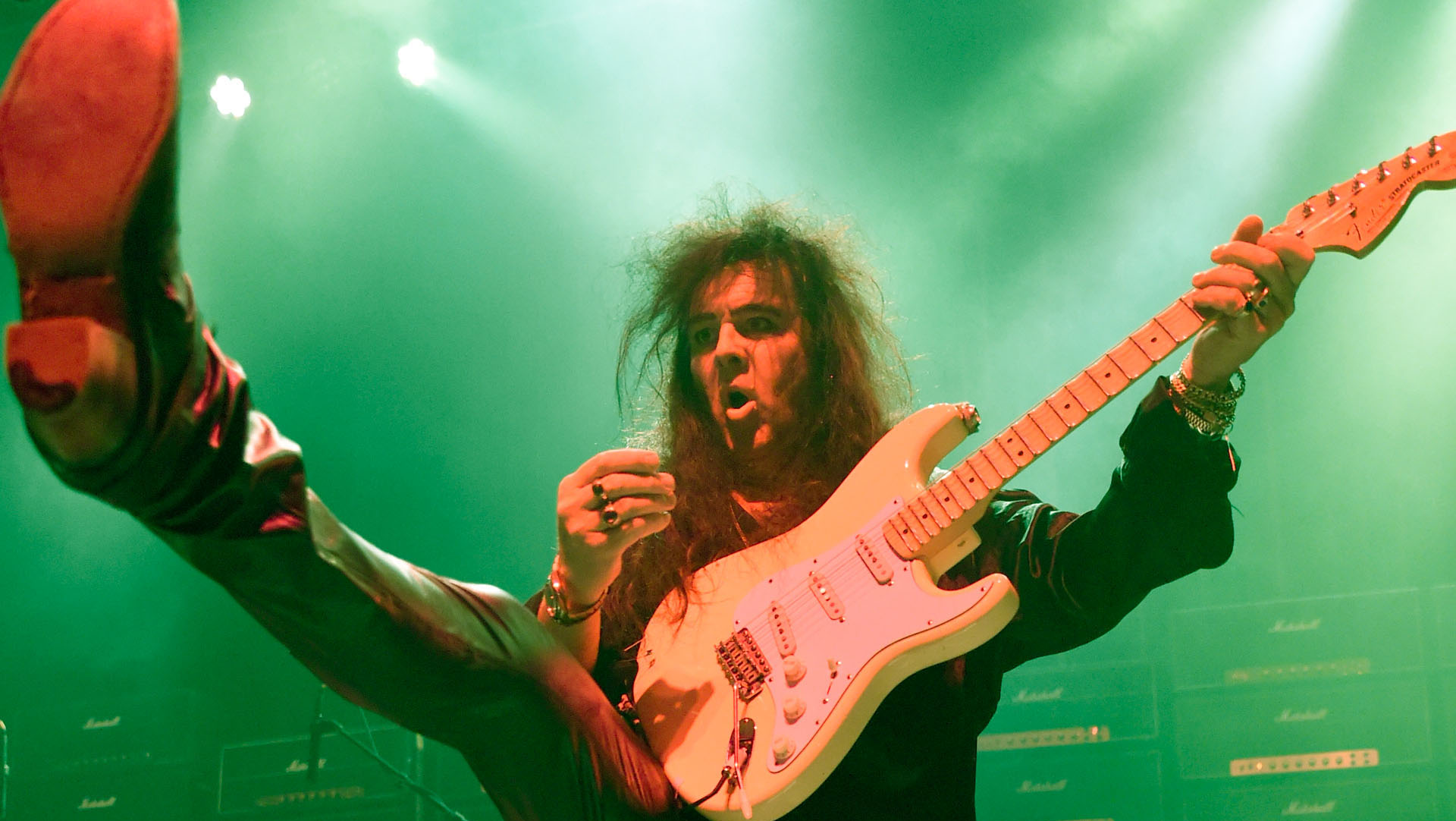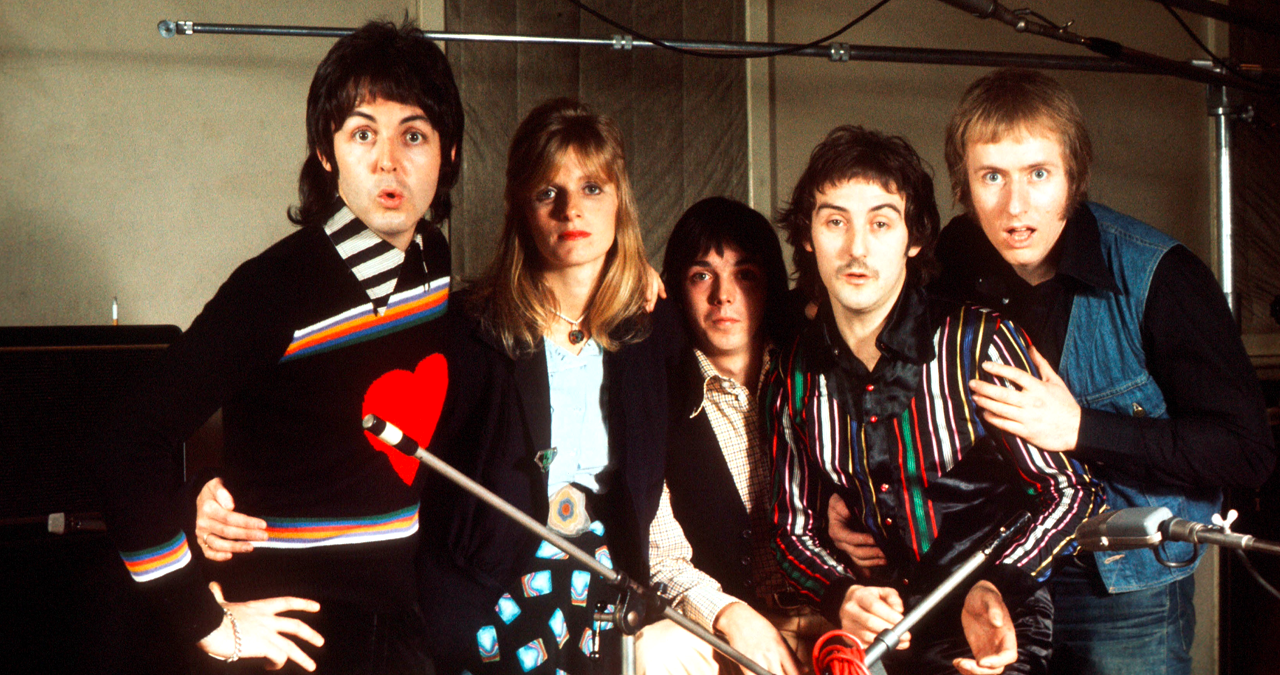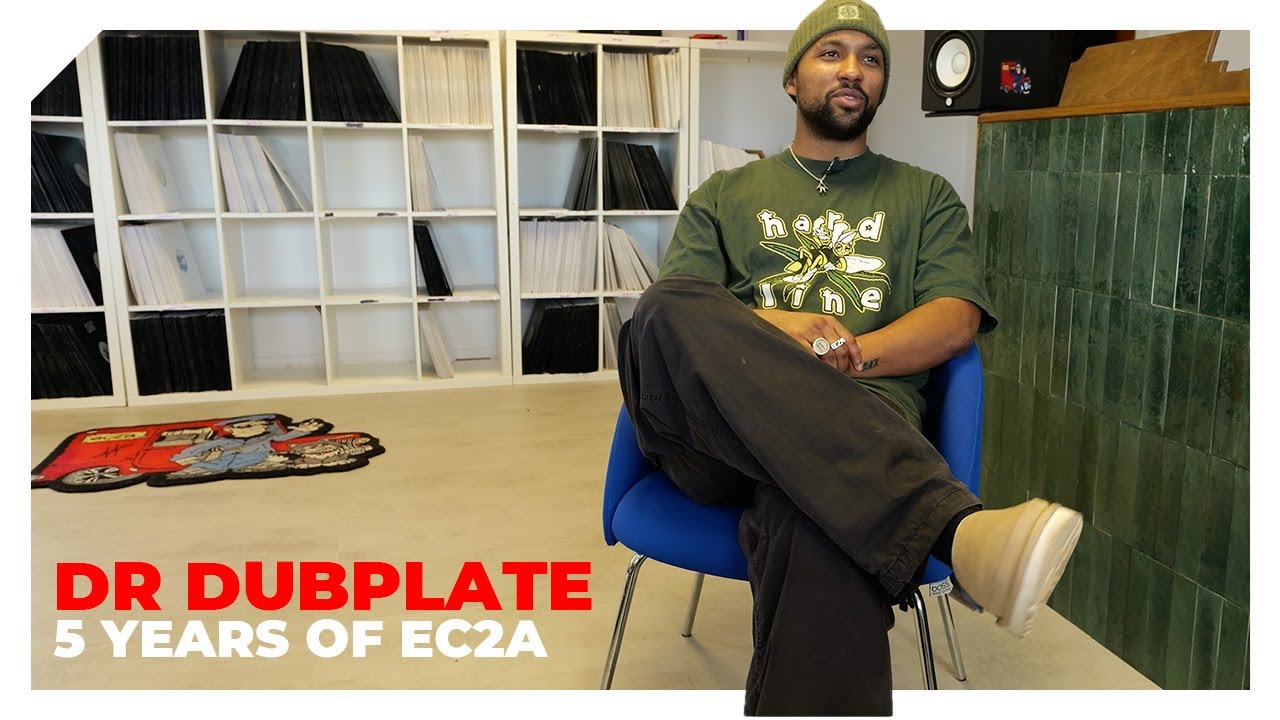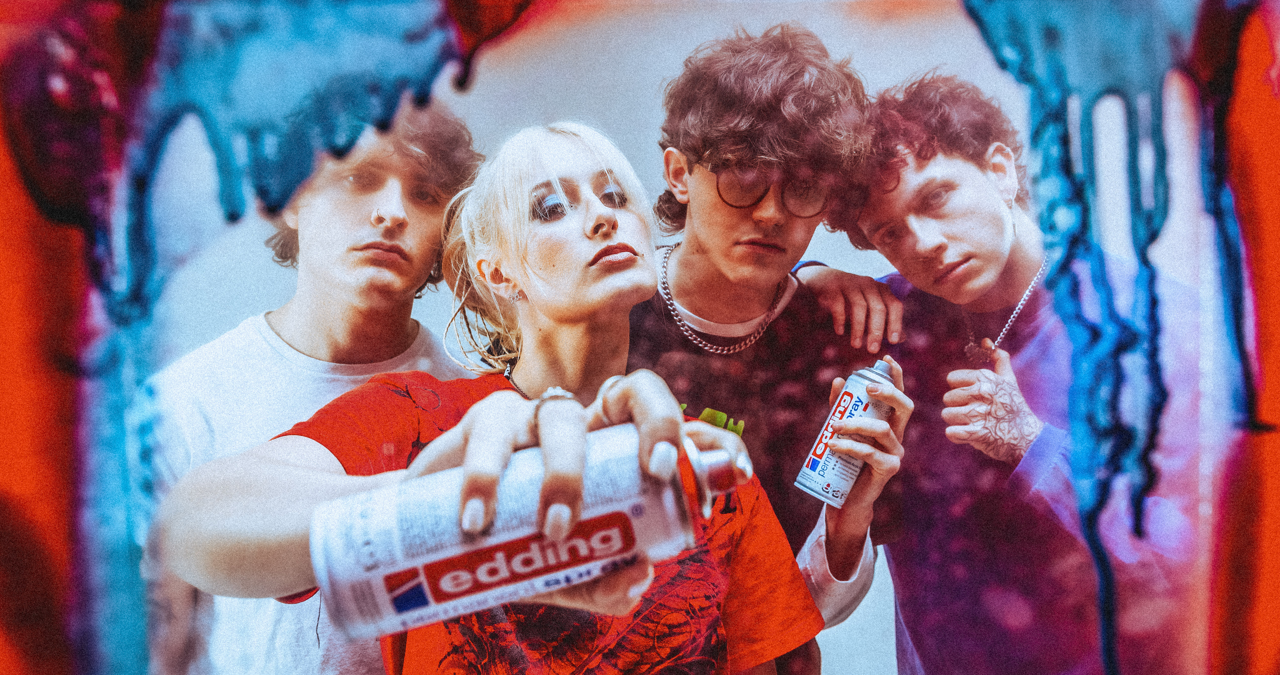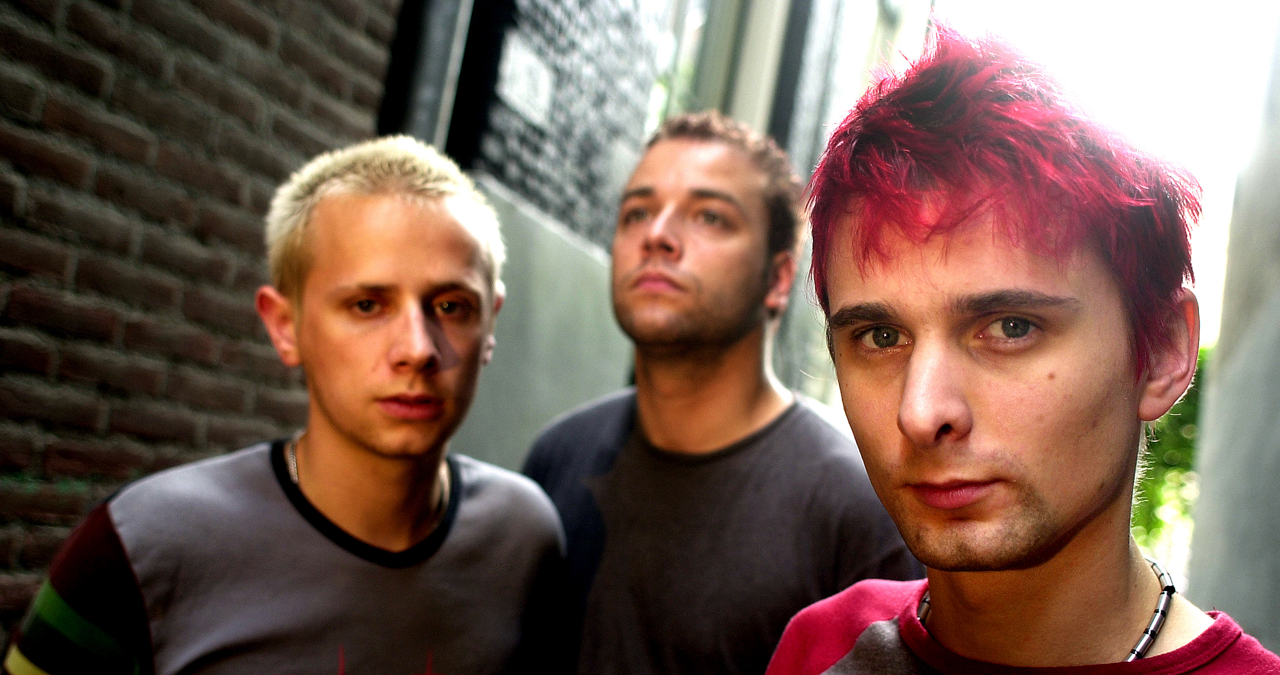“Kurt was sitting in the bathtub with a Walkman on, listening to the song, and when the tape ended, he kissed me and said, 'Oh, finally, now I don't have to be the only songwriter in the band!'”: Dave Grohl's evolution as a songwriter
Best of 2024: “I was in a band with one of the greatest songwriters of our generation, so I didn’t really want to rock the boat”
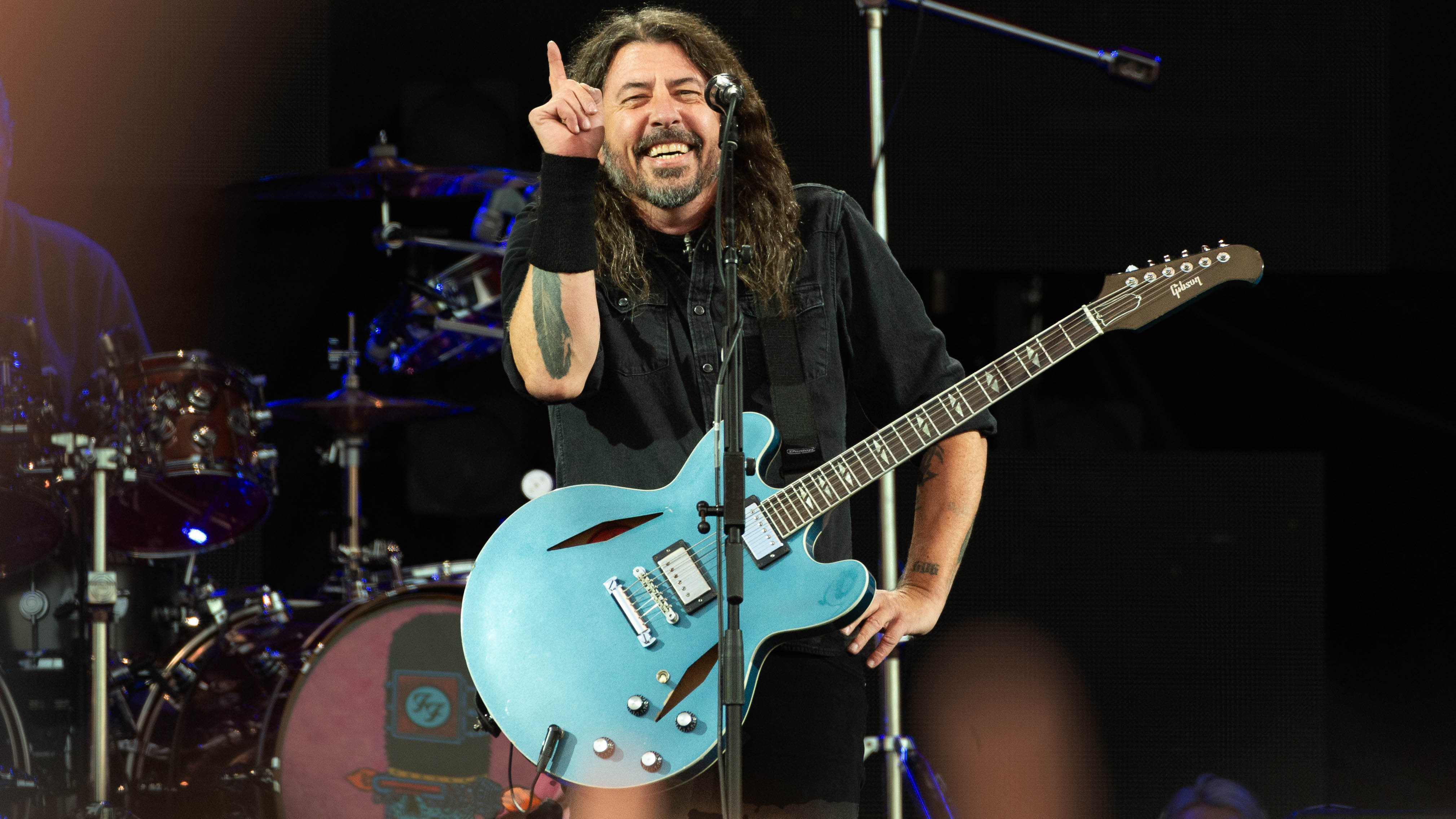
Join us for our traditional look back at the news and features that floated your boat this year.
Best of 2024: Rock music is riddled with examples of drummers who have emerged from the shadows to become prolific and profoundly talented songwriters: Grant Hart of Hüsker Dü; Josh Tillman of Fleet Foxes, who reinvented himself as Father John Misty; and stadium rockers such as Neil Peart, Roger Taylor, Phil Collins, Don Henley and Lars Ulrich.
Then, of course, there’s Dave Grohl, who rose to prominence as the dynamic powerhouse of one of the most seminal bands of all time before going on to front one of the biggest-selling bands on the planet.
When I got 2112 when I was eight years old, it f****** changed the direction of my life - it made me want to become a drummer
Dave Grohl
For Grohl, drums were always at the forefront of his ambitions and it was the aforementioned Neil Peart’s band Rush that inspired his enthusiasm. "When I got [Rush album] 2112 when I was eight years old, it f****** changed the direction of my life,” he told RTT News in 2013. “It made me want to become a drummer."
But by the age of eleven he was also learning guitar and taking a keen interest in songwriting. The results would take at least a decade to really come to the fore. But from the outset, Dave Grohl’s songwriting, as much as his drumming, would provide the bedrock of his creative core.
For Grohl, songwriting became a vital outlet in his early teenage years. He grew up in Springfield, Virginia and had a difficult relationship with his father, James, an award-winning journalist who expected his son to take a conventional career route.
When his parents divorced, Grohl and his sister Lisa were raised by their school teacher mother Virginia, who instilled strength and a strong work ethic into her children.
Get the MusicRadar Newsletter
Want all the hottest music and gear news, reviews, deals, features and more, direct to your inbox? Sign up here.
“Growing up in Springfield, Virginia in a little house, with my mother working three jobs trying to make a public school teacher salary work as a single mother raising two children, we never had much,” he told American Songwriter magazine. “But we were always happy.”
From the age of eight, music became his obsession. “I realised that that was my lifeline, or that was my best friend, and I would do anything to keep it.”
Lack of money meant that Grohl drummed along to his favourite albums not on a drum kit, but on pillows in his bedroom. But he did manage to acquire a guitar, as he explained in a keynote speech at SXSW in 2013. “I had my first guitar, an old Sears Silvertone with the amp built into the case. It smelled like an old attic full of mothballs and burning wire… but it instantly became my obsession.”
Grohl was eleven when he began writing songs and he realised that his lack of formal music training might be an asset. “One of the blessings of not knowing what I’m doing is that I surprise myself,” he told Katherine Yeske Taylor American Songwriter magazine in December, 2021. “Like, I don’t know conventional scales. I don’t know the names of the chords that I’m making.”
Armed with Beatles songbooks, the young Grohl practised guitar intensely and began to plough as much energy into learning guitar as he was to his drumming. “After doing that for hours and hours and hours every day, you start to notice the subtleties in the arrangements, or the shape of a composition, or the different types of harmonies, and then the lyrical qualities of each song,” he told American Songwriter magazine. “So just through total obsession, I started to form this idea of how music is made or should be.”
He began to record the songs that he wrote and created a makeshift multi-tracking process using cassette decks.
Voila! Multi-tracking! At 12 years old! To my chagrin, though, what I got was not Sgt. Pepper’s
Dave Grohl
“Eventually I figured out how to be a one-man band,” he said in that SXSW keynote in 2013. “I took my crappy old handheld tape recorder, hit record and laid down a guitar track. I would then take that cassette, place it in the home stereo, take another cassette, place that into the handheld recorder, hit play on the stereo, record on the handheld, and play drums along to the sound of my guitar.
"Voila! Multi-tracking! At 12 years old! To my chagrin, though, what I got was not Sgt. Pepper’s… rather a collection of songs about my dog, my bike, and my dad. Nevertheless, I had done this all myself. Therefore making the reward even sweeter.”
Grohl told American Songwriter magazine that the process of writing and recording his own songs became his “little secret”. His early influences were The Beatles, Led Zeppelin, Kiss, Rush and AC/DC although he also developed a fondness for 70s AM middle-of-the-road artists such as Gerry Rafferty, Helen Reddy and Andrew Gold.
His love of melody has never left him. “To me, that’s the most important part of a song,” said Grohl in an interview with Guitar World in 2021. “And that comes from growing up with Beatles records and sitting down with a chord book, trying to understand why those harmonies do what they do and why the melody moves the way it does and why the composition and arrangement is like this.”
But of all the songwriters who have inspired him, Bob Mould of Hüsker Dü remains the strongest influence. "When it comes to guitar playing and song structure,” Grohl told Classic Rock, “I think that Hüsker Dü might be my biggest songwriting influence.
"A lot of what I do comes from Bob. I’ve name-checked Hüsker Dü songs lyrically. Like In Times Like These it says: ‘I’m a new day rising’, which is one of my favourite Hüsker Dü records.”
In 1986, Grohl auditioned as drummer for Washington DC band Scream and landed the job. He dropped out of high school and headed out on the road. “I was 17 and extremely anxious to see the world,” he told Nirvana biographer Michael Azerrad, “so I did it".
When not touring with Scream, Grohl would perform with the band Churn alongside future Foo Fighters producer Barrett Jones on guitar and vocals, and Stafford Mather on bass. In 1990, he wrote and recorded his first major song, Gods Look Down, on which he played all the instruments.
In an outtake from the 2014 documentary miniseries Foo Fighters: Sonic Highways, Grohl listens back to the song, which was recorded at the Laundry Room Studio. “I sound like a girl,” he whispers as his vocal enters the mix on the playback. It’s a raw, visceral track with a deep, dark groove.
Grohl spent four years in the band Scream, before they disbanded in 1990. During that time, he befriended members of Washington state band The Melvins, whose guitarist Buzz Osborne introduced him to Nirvana’s Kurt Cobain and Kris Novoselic. Later that year, Osborne informed Grohl that Nirvana were looking for a drummer and he flew to Seattle to audition and promptly landed the gig. The band’s debut album Bleach (1989) yielded positive reviews, yet noone could have predicted the success of its follow-up, Nevermind (1991).
Grohl was suddenly in a position he never dreamt he would be in – drummer with one of the most revered and respected new bands on the planet. He hadn’t abandoned his own songwriting activities but as he told CBS Sunday Morning “I was in a band with one of the greatest songwriters of our generation, so I didn’t really want to rock the boat.”
But Grohl certainly contributed. He co-wrote Endless, Nameless, the hidden, final track on Nevermind, that appears approximately 10 minutes after the end of the album’s final listed song, Something In The Way.
Grohl also co-wrote the song Gallons of Rubbing Alcohol Flow Through The Strip, another hidden track that closed the non-US pressings of follow-up album In Utero. He also came up with the gargantuan riff that powers that album’s second track Scentless Apprentice.
At the same time Nevermind was scaling charts, Grohl was compiling and recording his own material, which he released on a cassette called Pocketwatch in 1992, on indie label Simple Machines. During a break from touring, Kurt Cobain overheard Grohl working on a song called Color Pictures of a Marigold, and they subsequently worked on it together.
In a 2014 episode of the documentary series Foo Fighters: Sonic Highways, Grohl recalled Cobain’s reaction after hearing a demo of the song Alone + Easy Target, that Grohl had recently recorded.
“I'd told him I was recording and he said, 'Oh, I wanna hear it, bring it by’. He was sitting in the bathtub with a Walkman on, listening to the song, and when the tape ended, he took the headphones off and kissed me and said, 'Oh, finally, now I don't have to be the only songwriter in the band!' I said, 'No, no, no, I think we're doing just fine with your songs’.'"
Nirvana would jam the song on soundchecks during the 1991 European tour and it would eventually be included on the Foo Fighters debut album.
During the sessions for In Utero, Nirvana took the decision to re-record Color Pictures of a Marigold and released this version as a B-side on the Heart-Shaped Box single, entitled simply Marigold.
Prior to Nirvana’s 1994 European tour, the band booked three days of recording sessions in Seattle to work on demos. For most of the sessions, Cobain was absent so Grohl and Novoselic worked on demos of their own songs. These included Grohl’s songs such as future Foo Fighters tracks Exhausted, Big Me, February Stars and Butterflies.
Cobain arrived on the third day, and the band recorded a demo of You Know You’re Right. It was Nirvana's final studio recording. On 8 April 1994, Kurt Cobain was found dead from a self-inflicted gunshot wound at his home in Lake Washington Boulevard in Seattle.
And then you realise nobody’s going to care about any of it unless you’ve got a lyric. So now you add your words. It’s like baking a cake backwards
Dave Grohl
In the months that followed, the stunned Grohl went into isolation, winding up in County Kerry, Ireland, and unsure what to do next. But it was ultimately his work and his songwriting that would help him to push through and move on.
In an interview with Guitar World in 2021, Grohl ruminated on the subject of songwriting and how, for him, “the complicated puzzle” of weaving a song’s various elements together remained the biggest challenge.
“That’s the Rubik’s Cube right?.... It’s like, ‘Okay, great, I’ve got a groove – that’s cool. I’ve got riffs – that’s cool. But none of it’s going to work unless there’s a f****** melody.’
"And then you realise nobody’s going to care about any of it unless you’ve got a lyric. So now you add your words. It’s like baking a cake backwards.”
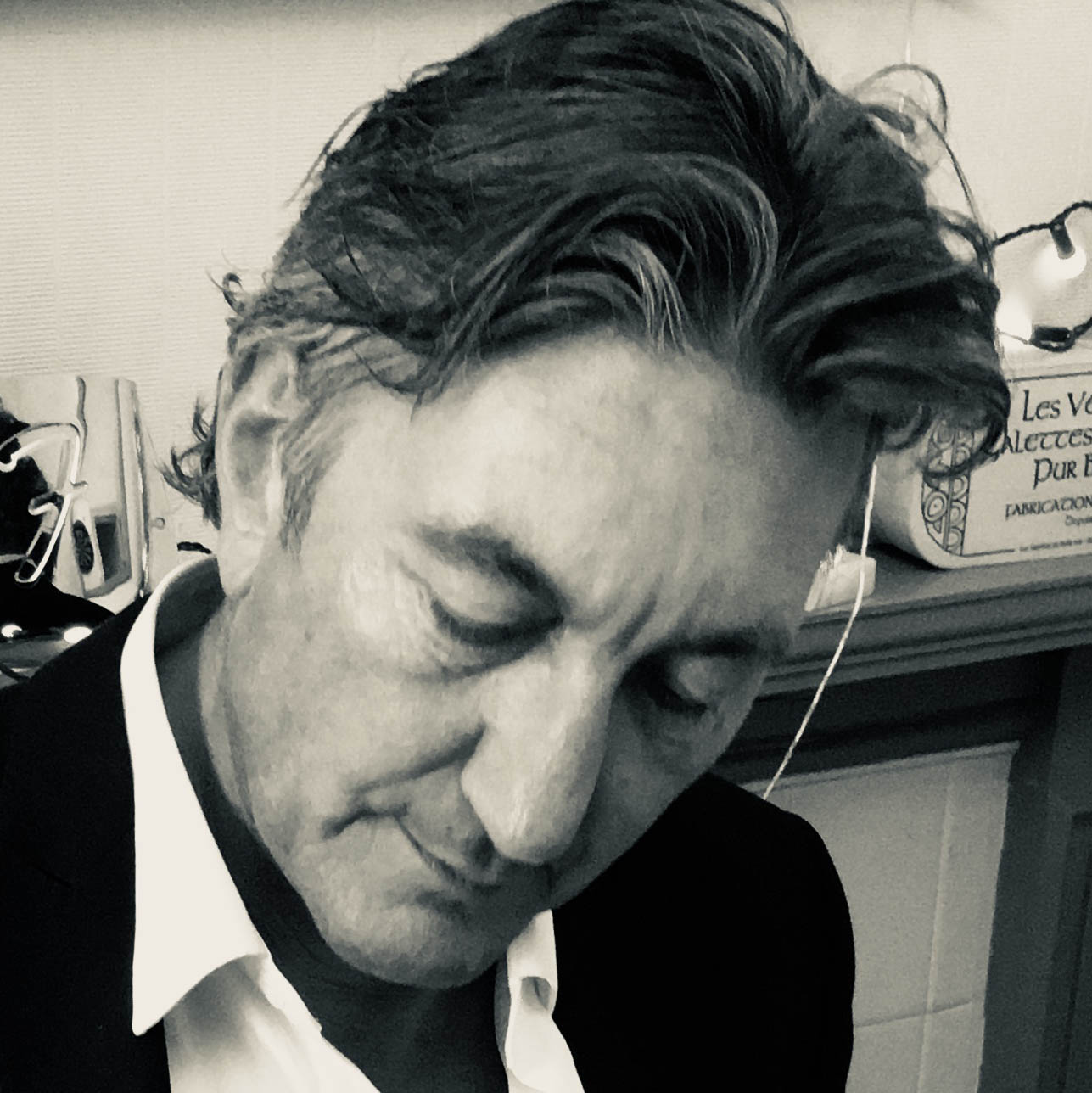
Neil Crossley is a freelance writer and editor whose work has appeared in publications such as The Guardian, The Times, The Independent and the FT. Neil is also a singer-songwriter, fronts the band Furlined and was a member of International Blue, a ‘pop croon collaboration’ produced by Tony Visconti.



